Mumbai-based Arkade Developers Limited has announced a cluster redevelopment project in the Borivali area, with an estimated revenue potential of ₹865 crore. The project covers four housing societies and is expected to deliver a saleable carpet area of around 2.44 lakh square feet. This marks another addition to the developer's ongoing efforts to strengthen its redevelopment portfolio in the Mumbai Metropolitan Region (MMR), where land availability is limited and demand for upgraded housing remains steady.
The redevelopment will involve Satya Shreepal Nagar A CHS Ltd, Om Shreepal Nagar B and C CHS Ltd, Sheetal Shreepal CHS Ltd, and Sai Shreepal CHS Ltd. The total land area for this project is approximately 7,084 square metres. The company has already signed the development agreement and obtained the necessary rights to move forward. The site is located in Borivali West, a suburban locality that has witnessed growing interest from developers due to its residential density, social infrastructure, and relatively lower land acquisition challenges compared to more central zones.
Commenting on this latest milestone, Mr. Amit Jain, Chairman and Managing Director of Arkade Developers Limited, said, “At Arkade, it is our endeavor to not just redevelop buildings— but rebuild communities. This project is a reflection of our philosophy to bring people luxury homes, stronger infrastructure, and vibrant neighborhoods. This micro market has immense potential, and we are proud to be playing a pivotal role in shaping its future.”
Cluster redevelopment refers to a process where multiple buildings or societies are taken up for redevelopment as a group rather than on an individual basis. In Mumbai, where ageing housing stock is a common issue, this model allows for better land management, improved building planning, and the ability to provide modern amenities to residents. Redevelopment typically involves demolishing the existing structures and constructing new ones. The residents of the original buildings are compensated by being allotted new flats in the redeveloped complex, usually without any financial burden. The developer, in turn, sells additional flats in the open market for profit. The government facilitates the process by offering additional floor space index (FSI) and benefits through its urban renewal policies.
Arkade Developers has stated that this project aligns with its focus on strategically located redevelopment projects. The company has been steadily increasing its presence in the redevelopment segment, particularly in western suburbs where societies are ageing and demand for upgraded housing remains strong. With the Borivali project, the company is not only tapping into a key residential market but also adding to its ongoing pipeline of projects across the city.
Earlier in February 2025, Arkade Developers had announced two other redevelopment projects. One was a large-scale cluster redevelopment project in Dahisar, covering 6.5 acres, with a projected gross development value of ₹1,700 crore. The other involved redevelopment rights for Nutan Ayojan, a cooperative housing society in Malad West. That project, spread across nearly 7,000 square metres, has an estimated GDV of ₹740 crore. Both projects were registered with regulatory authorities and indicated the company’s intent to focus on high-value redevelopment in land-scarce locations.
Several other listed developers have also shown growing interest in the redevelopment segment of Mumbai’s real estate market. In recent months, companies such as Raymond Limited and Mahindra Lifespaces have announced their own redevelopment projects. The overall momentum in this segment points to a broader trend in Mumbai’s urban transformation. As infrastructure improves and city planning shifts towards renewal rather than expansion, redevelopment is expected to play a central role in how Mumbai meets future housing demands.
For developers, these projects offer an opportunity to work within existing urban frameworks while accessing high-demand localities. For residents, they offer better homes without relocation, and for the government, the process generates revenue and supports improved urban infrastructure. As the Borivali redevelopment progresses, it may also act as a case study for similar projects in nearby suburbs where redevelopment is not just necessary, but often the only viable option.


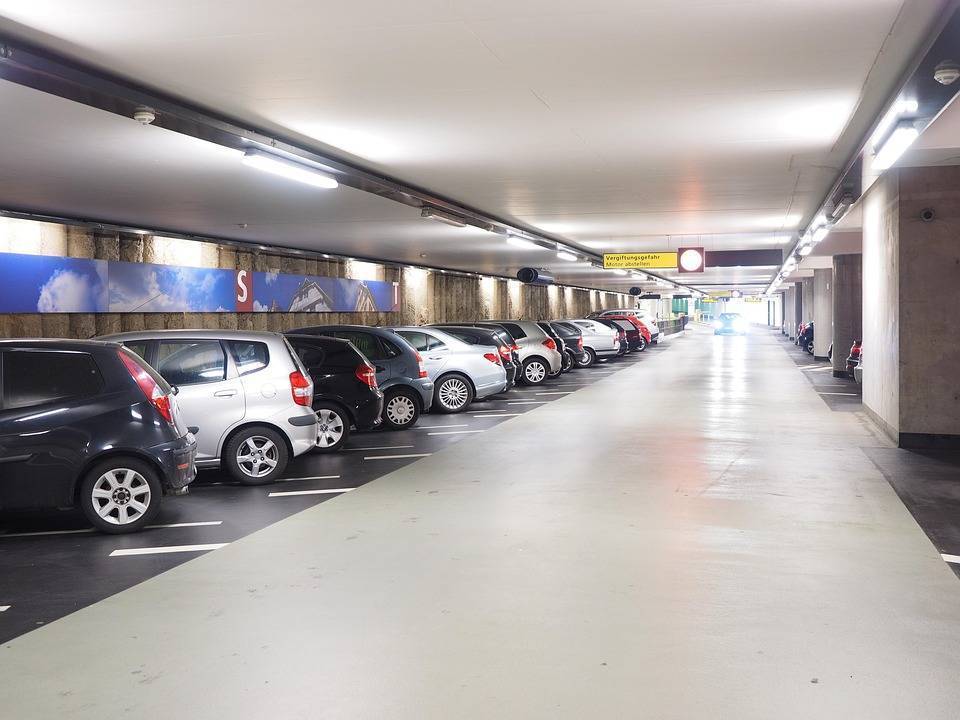
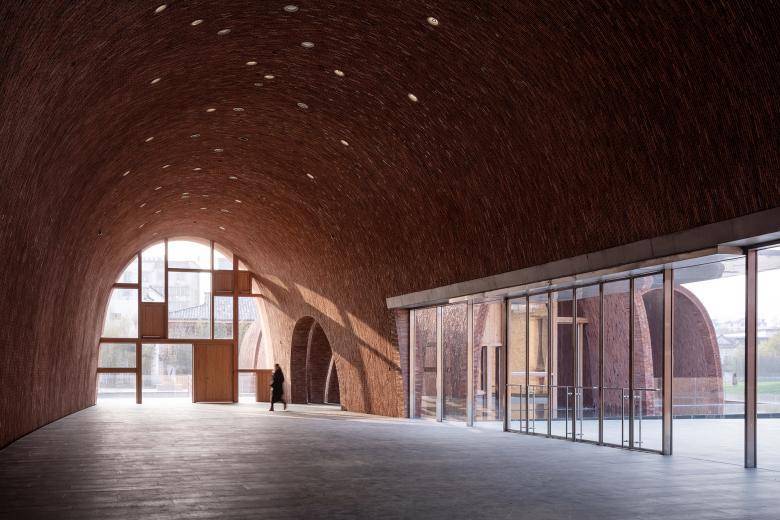
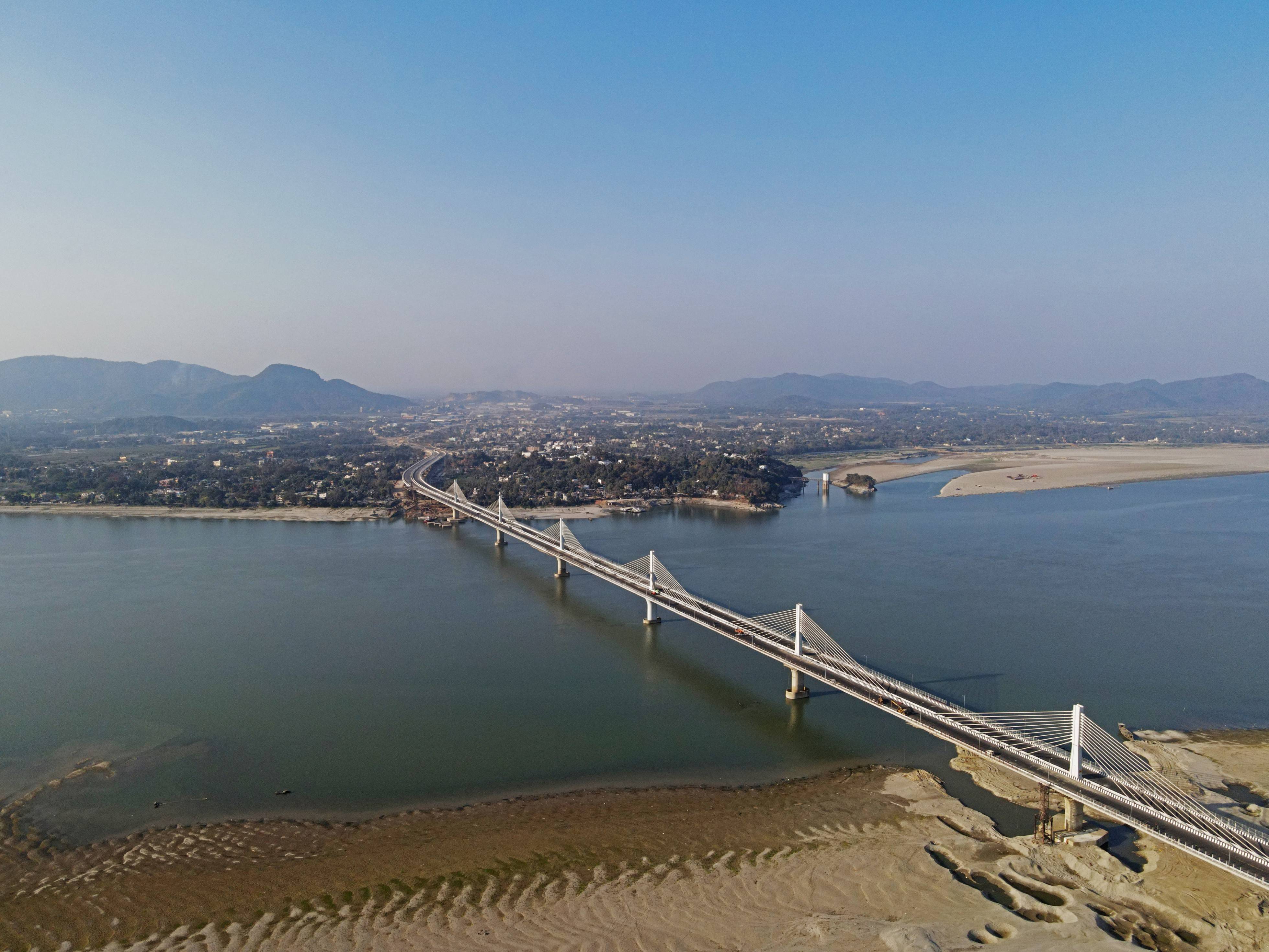
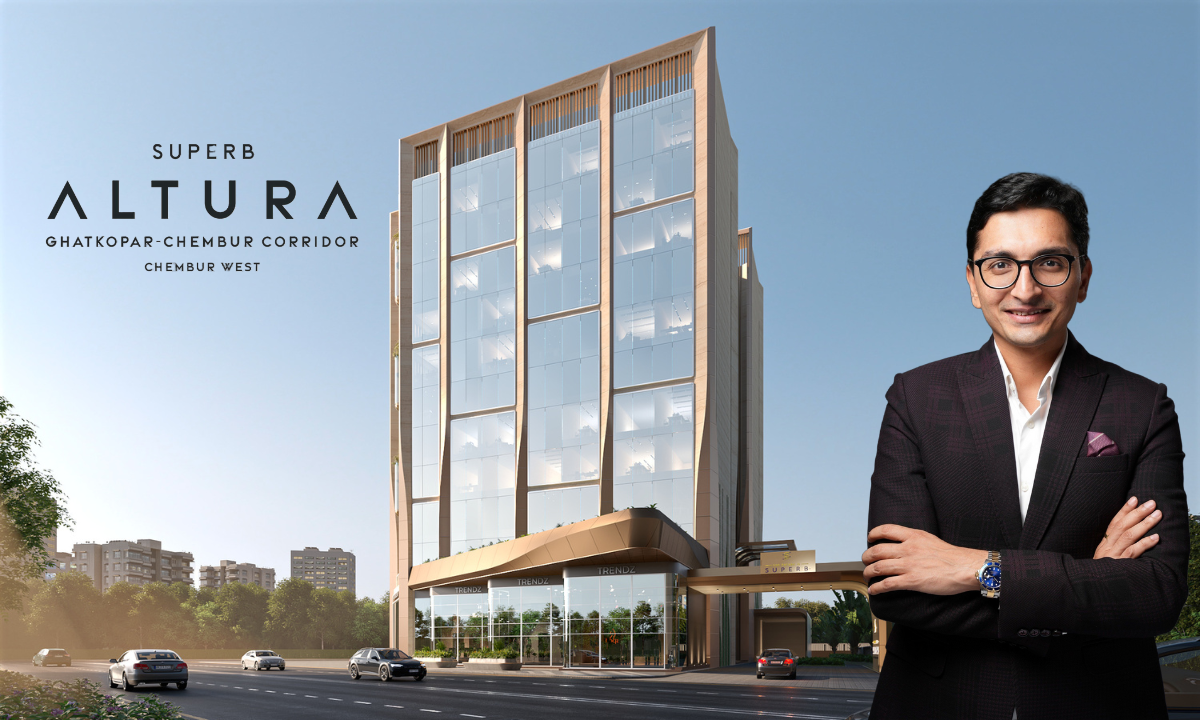
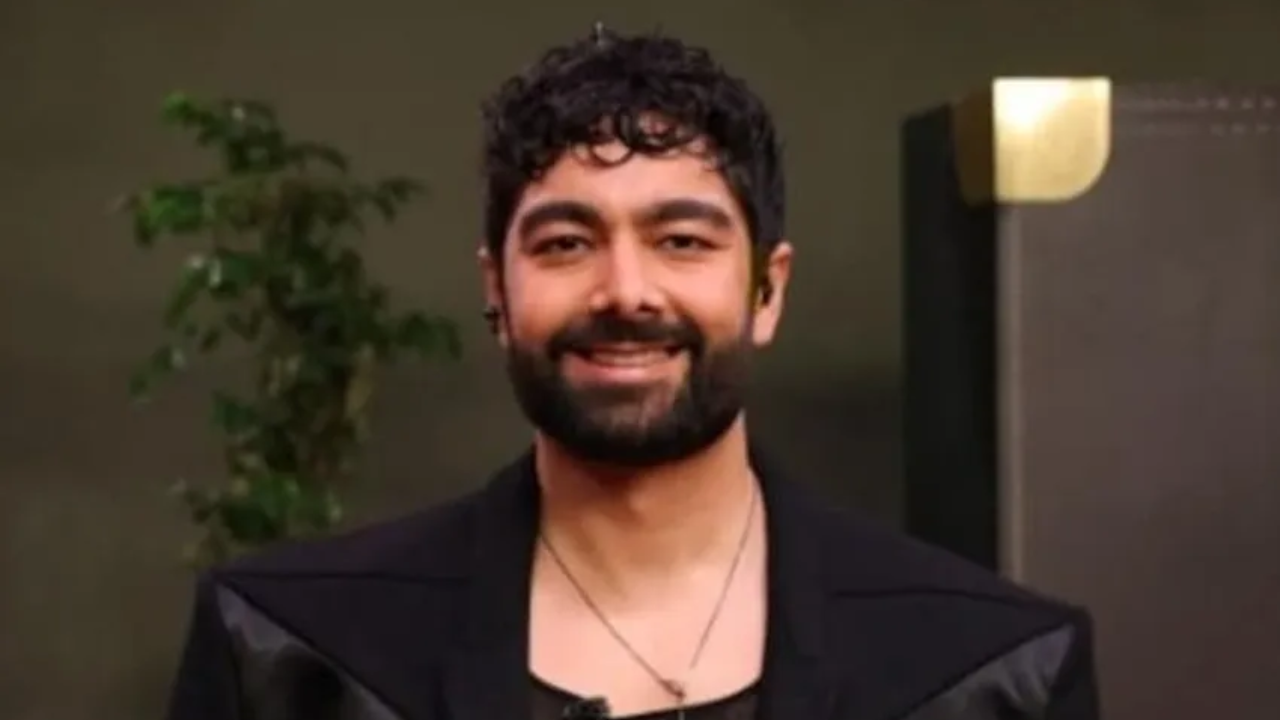
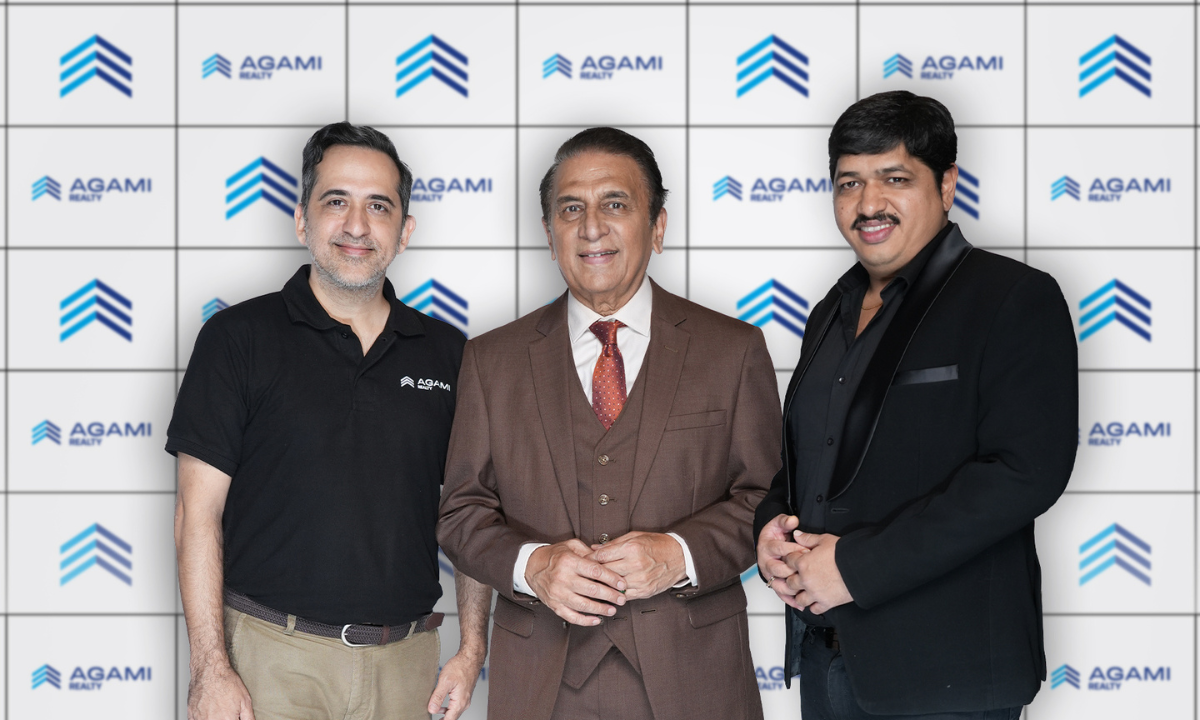
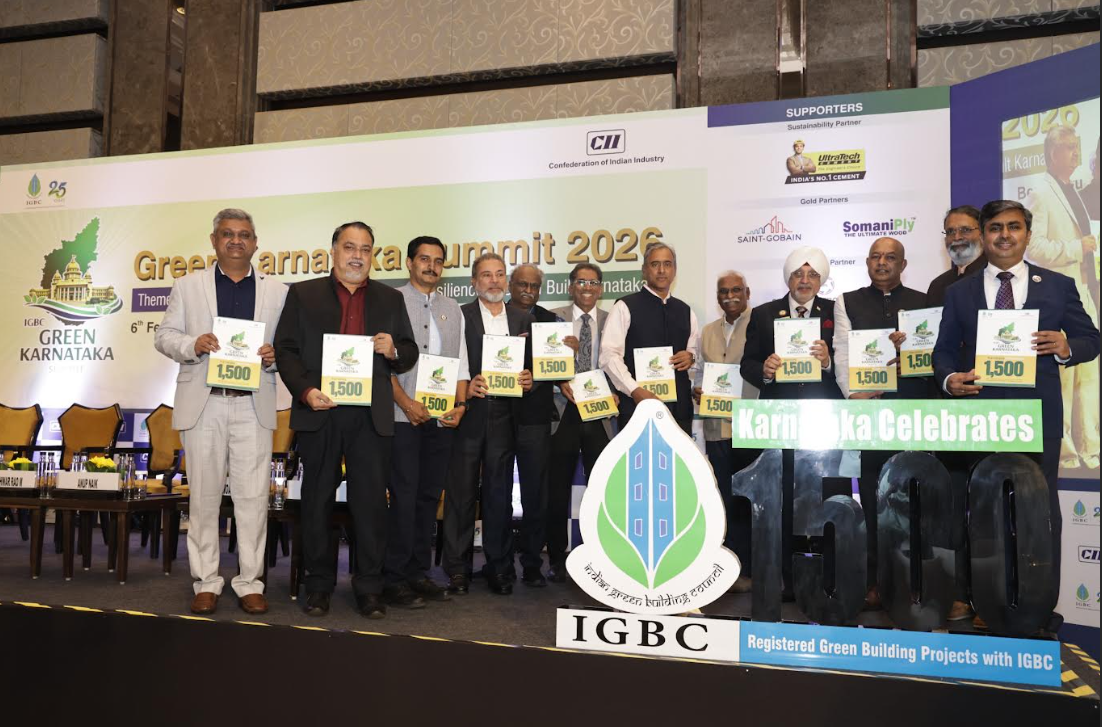
.png)